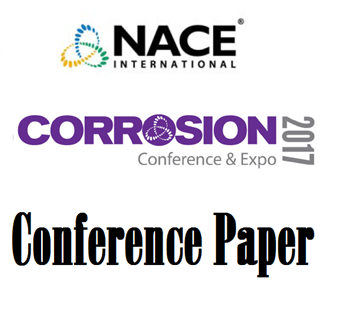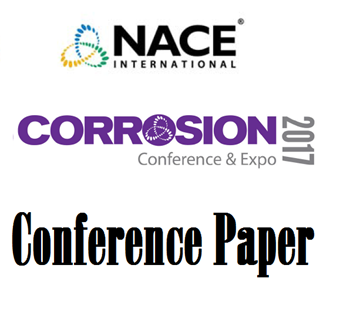Search
03403 ELECTROCHEMICAL NOISE STUDY OF STRESS CORROSION CRACKING OF SENSITIZED 304H IN THIOSULFATE
Also Purchased
Effect of Thiosulfate on the Pitting Corrosion of Nickel Base Alloys in Chloride Solutions
Product Number:
51317--9036-SG
ISBN:
9036 2017 CP
Publication Date:
2017
$20.00
Pitting Behavior of Lean Duplex Stainless Steels in Thiosulfate-Containing Paper Machine Environment
Product Number:
51317--9163-SG
ISBN:
9163 2017 CP
Publication Date:
2017
$20.00
03411 INVESTIGATION OF THE USE OF ELECTROCHEMICAL NOISE TO MONITOR CORROSION IN KRAFT PULP DIGESTERS
Product Number:
51300-03411-SG
ISBN:
03411 2003 CP
$20.00




